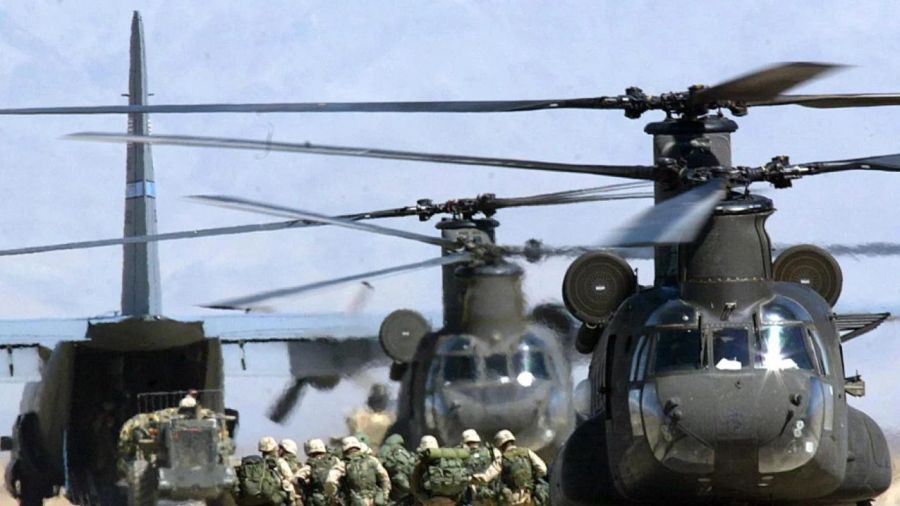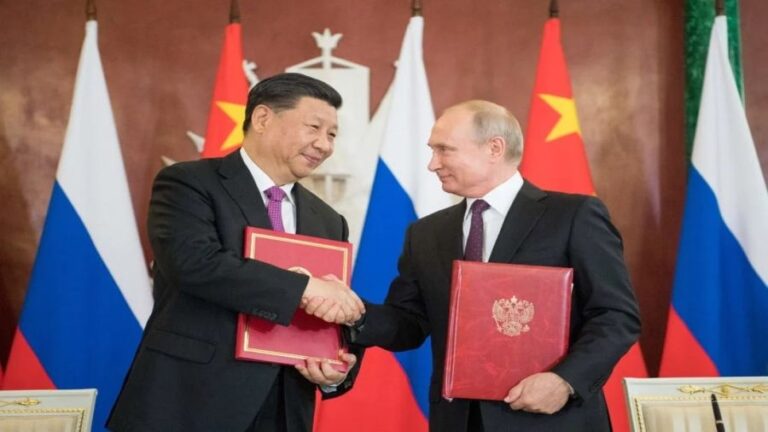Afghanistan: Iran could be the Biggest Loser from US Withdrawal
By next month, US troops will have left Afghanistan, with only a small contingent remaining to protect the US embassy. The decision to leave makes eminent sense in terms of US national interests. Washington has spent too much blood and treasure in Afghanistan, and the American people are tired of “endless wars”. The US also faces other security challenges, especially in the Pacific region.
But the US withdrawal from Afghanistan could have negative consequences across the region, reigniting rivalries for influence. During the long Afghan civil war in the 1990s, regional states supported different Afghan factions; with the Americans gone, intra-Afghan and regional rivalries will likely resume.
Even with limited accommodation with Iran, the Taliban will remain closer to Sunni Arab states, such as Saudi Arabia and the UAE
The civil war was largely fought along ethnic and sectarian lines. The Northern Alliance represented the Tajiks, the Shia Hazara and the Uzbeks. Its major foe was the Sunni-Pashtu-dominated Taliban. Pakistan, Saudi Arabia and later the UAE supported the Taliban. Islamabad provided military assistance and training, and Riyadh provided money. When the Taliban took power in Afghanistan, only Pakistan, Saudi Arabia and the UAE recognised their authority.
Until 1998, for economic and geopolitical reasons, including the desire to contain Iran and to exclude it from pipeline routes for the export of Central Asian energy, even Washington favoured the Taliban, despite the group’s extremist views and links to terrorist organisations such as al-Qaeda. But Washington’s attitude changed after al-Qaeda attacked the US embassies in Tanzania and Kenya in August 1998.
Even then, however, the US did nothing to reign in the Taliban. It was the 9/11 bombings in New York that caused Washington in October 2001 to attack Afghanistan and to unseat the Taliban.
Target of animosity
Iran, because of its Shia character, was a special target of animosity for the Taliban and al-Qaeda. There is also a great deal of anti-Iran sentiment among Pashtuns. Tehran nearly went to war with the Taliban in 1998 after its diplomats were massacred in Mazar-i-Sharif. Iran thus supported the Northern Alliance and the Afghan Shia groups fighting the Taliban.
India, because of its rivalry with Pakistan and its fear of the Taliban’s extremist Islam – and Russia for similar reasons – backed the Northern Alliance. At the time, Turkey was not deeply involved in Afghan politics, although it became more engaged after the US and Nato intervention.
Since the US exit, the Taliban have advanced rapidly and now claim to control 85 percent of Afghanistan. Many Afghan citizens and more than 1,000 government troops have fled to Tajikistan. In the meantime, despite calls for intra-Afghan talks and political compromise, the Taliban have shown no interest in power-sharing. This unwillingness to compromise will inevitably lead other groups to resist them, ultimately inviting the interference of external powers.
Yet, the old pattern of alignments is unlikely to reemerge. Firstly, Iran is unwilling to confront the Taliban, notwithstanding the potential threats to its eastern borders. Rather, Tehran seems to be seeking accommodation with the Taliban, recently hosting talks among Afghan groups, including Taliban representatives.
While some have argued the Taliban have changed, and are no longer dangerous, anti-Iran and anti-Shia, other Iranians would disagree, but regardless, any deal involving Iran and the Taliban would alienate Iran’s traditional allies in Afghanistan and undermine Tehran’s ability to influence developments in the country.
Emerging realignment
Even with limited accommodation with Iran, the Taliban will remain closer to Sunni Arab states, such as Saudi Arabia and the UAE. Should circumstances demand, the Saudis and Emiratis could use the Taliban to pressure Iran on issues such as Yemen. A Taliban victory could also reduce Riyadh’s willingness to patch up differences with Tehran.
And while Taliban-Pakistan relations are not as close as they were in the 1990s or 2000s, they are much better than anything Iran may work out. Thus, the reemergence of a Taliban-Pakistan-Saudi axis against Iran is a real possibility. An improvement in Islamabad-Riyadh relations after a period of coolness could facilitate this realignment.
The US would likely support this alignment. Before leaving Afghanistan, the US negotiated with the Taliban, and it can count on them to counter Iran and possibly even Russia. China is more problematic, as any future Afghan government would need China’s economic help.
India will not likely become as involved as it was before in Afghan politics, unless the Taliban antagonises Delhi. The same is true of Russia. Most likely, Russia will focus on deterring Taliban actions in Central Asia, especially in Tajikistan. Thus, the India-Iran-Russia alignment of the 1990s is unlikely to reemerge.
An important unknown is Turkey. Turkey may see Afghanistan as another entry point into Central Asia, and a way to further reduce Iran’s influence. Turkey could count on Afghanistan’s Turkic groups as allies, and as a Sunni country, Turkey is more acceptable to the Taliban than Iran. Pakistan would also be more willing to cooperate with Ankara than Tehran.
While Afghanistan’s future is still unclear, a Taliban government would benefit Pakistan, some Arab states, and possibly Turkey. The big loser would be Iran. This is why Iran’s leaders, despite their anti-American sentiments, may well come to regret the US departure from Afghanistan.







